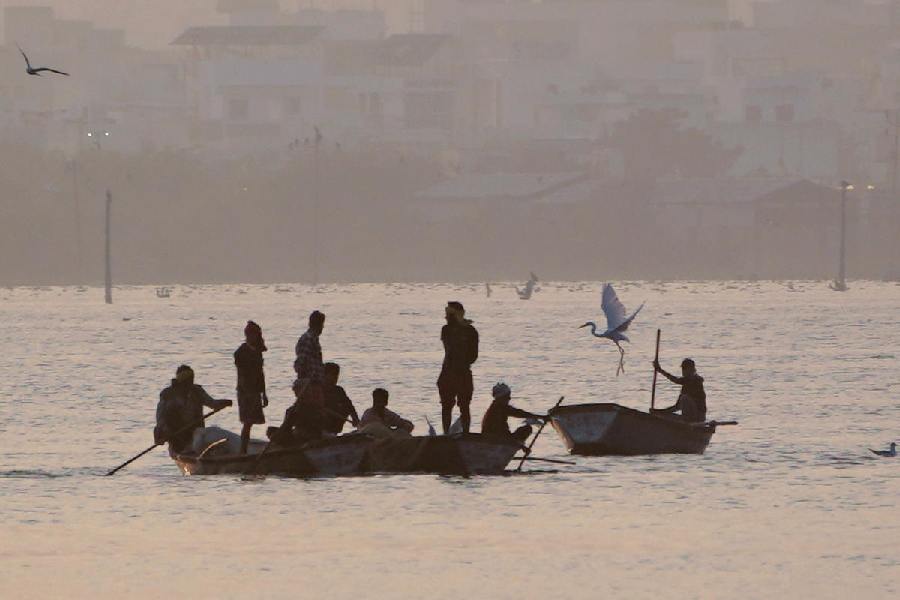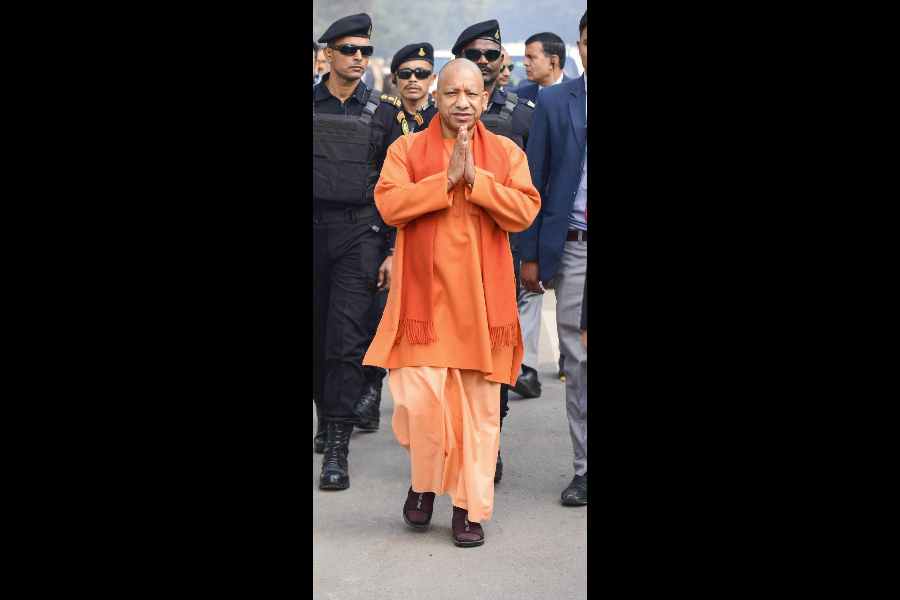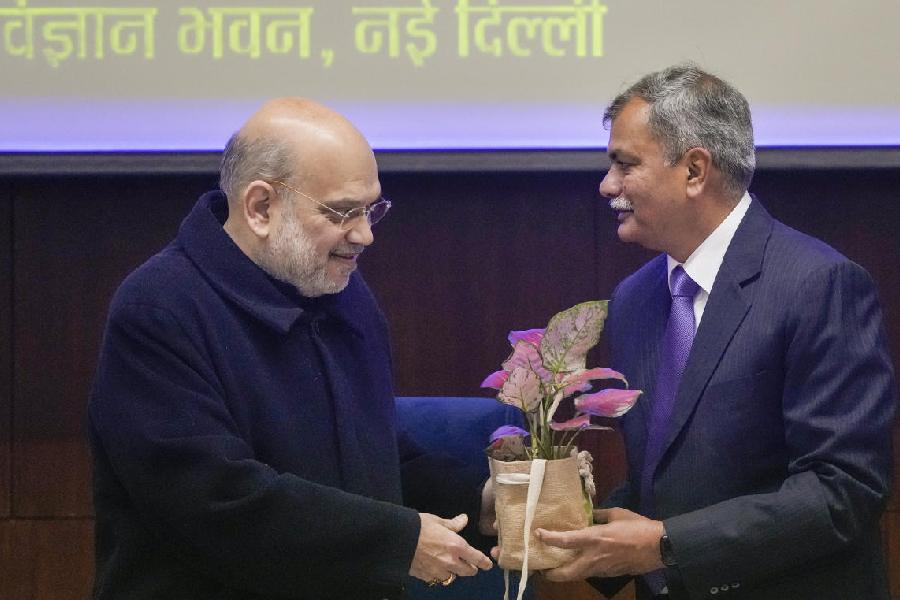A nationwide network of fishworkers on Tuesday asked the Centre ahead of global trade talks on fisheries to protect the rights of small and traditional fishworkers to look for catch up to 200 nautical miles without fear of losing subsidies.
The National Fishworkers Forum, in a letter to the Union commerce and industry minister Piyush Goyal, has also appealed to the Centre to resist at the upcoming World Trade Organisation (WTO) negotiations any proposals to eliminate subsidies for small and traditional fishworkers.
India is set to take part in the 13th ministerial WTO conference in Abu Dhabi, UAE, on February 26-29 where delegates are expected to finalise, among other issues, the second part of an agreement on fisheries subsidies.
At the 12th ministerial conference in Geneva last year, members adopted an agreement described as a major step towards ocean sustainability by prohibiting government support for illegal, unreported and unregulated fishing and fishing in waters with overfished stocks.
The pact comes against the backdrop of concerns about the overfishing of fish stocks worldwide. Fisheries experts estimate that 34 per cent of global stocks are currently overfished, compared with 10 per cent in 1974. Overfishing prevents fish populations from replenishing and threatens marine fisheries.
“Indian fishworkers cannot be blamed for unsustainable fishing — our scale of operations is small enough to support sustainable fishing,” said Olencio Simoes, general secretary of the NFF. “We’re hoping our government recognises this and will protect space for subsidies at the WTO talks.”
The NFF, its members say, represents some 1.5 million fishworkers from all of India’s coastal states and island territories who sail for catch and over 15 million others who directly or indirectly benefit from marine fisheries.
The NFF has urged Union minister Goyal to help secure a special and differential treatment exemption that would allow India’s small and traditional fishworkers to operate up to 200 nautical miles without fear of losing any subsidies.
“Most boats operate within 12 nautical miles, but coastal pollution has contributed to the depletion of fish stocks and we’re forced to go further into the sea,” Simoes said.
Experts tracking the negotiations on fisheries subsidies say a key objective of the pact to prohibit subsidies on unregulated fishing and overfishing was to curb overexploitation of fish stock by the developed countries that operate at much bigger scales than fishworkers in developing countries.
But global rules on subsidies could hit fishworkers in developing countries the hardest, said Ranja Sengupta, an economist and a senior researcher with the Third World Network, a non-government think tank that engages with issues that impact developing countries.
“The Centre and state governments have gradually reduced fisheries subsidies, but their elimination will lead to a collapse of small-scale fisheries — millions of livelihoods could be impacted,” Simoes said.
Fishworkers in India have typically received subsidies on nets, boats, and fuel. A typical fishing net might cost Rs 80,000 to Rs 1,00,000. Some state governments cover up to 80 per cent of the net’s cost once in five years or cover a one-time 60 per cent to 80 per cent of the fishing boat’s cost.
But such subsidies have dwindled over the years, said the NFF's chairperson Leo Colaco. “On some days, a trip into the sea might cost a lakh of rupees and the boat returns with less than Rs 70,000 catch,” Colaco said.











